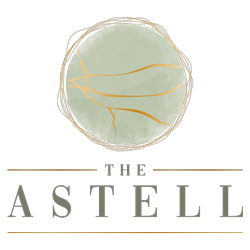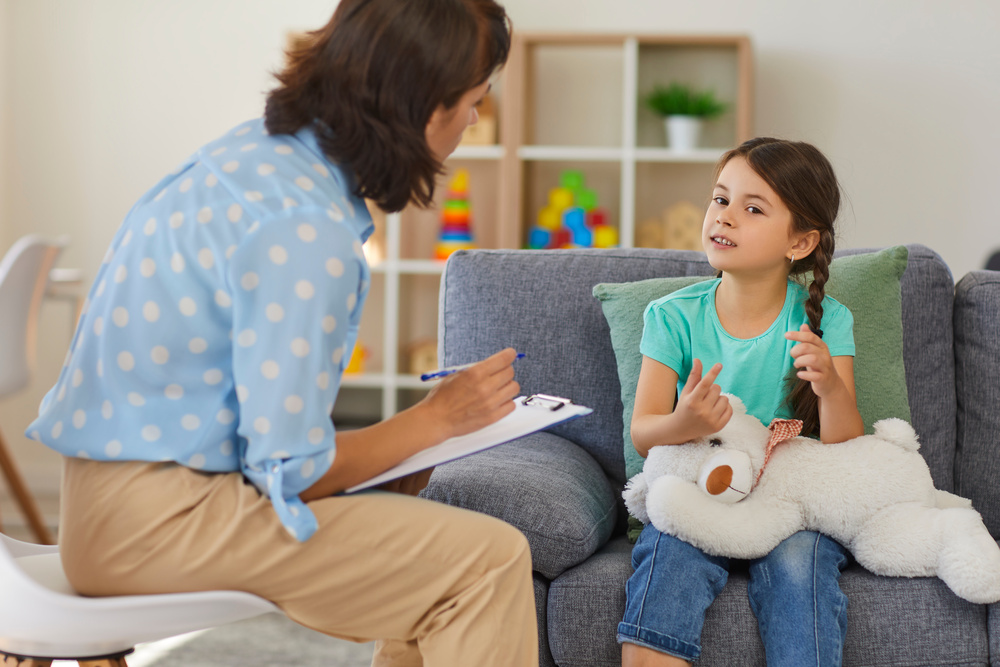As a parent, seeking counselling for your child is an important step towards their emotional well being and growth. However, you may feel unsure about the process or have concerns about how to support your child effectively. In this article, we will explore key topics that can help parents play an active and supportive role in their child’s therapeutic journey.
The Importance of Open Communication:
One of the most crucial factors in fostering a successful counselling relationship is by having an open communication between parents, their child, and the counsellor.
To start off, I have a 30-min Initial Consultation (maybe could link to Cliniko) with the parents before commencing counselling for their child. I often ask how they will inform their child that they will be coming for counselling. This helps me to understand the level of preparedness a parent provides their child prior to attending a counselling session and the dynamics of the parent=child relationship. It also gives me a good indication of how open the parents are to involving their child in decision-making.
To be clear, there is no right or wrong way and I am not here to judge but to understand and support.
Sometimes, parents ask me for advice on how to tell their child that they will be coming for counselling. What I often suggest is to be honest and clear about their intentions. In my experience, this is the best way to let your child know because having open disclosure builds trust between the parent and child and allows parents to be vulnerable in expressing that they only want the best for them.
Understanding the Role of a Counsellor:
Parents often have questions about what role a counsellor plays in their child’s life.
The role of a counsellor is to provide support that allows the child to express themselves without feeling like they are not heard or misunderstood. Occasionally, strategies may come into play if the counsellor feels like it is necessary. The term ‘Strategies’ are more of an adult concept and children may not understand the use of strategies, hence providing strategies to a child may sometimes confuse them rather than allowing them to understand why they “need” them. Instead, strategies occur in the form of different activities done through various therapy modalities such as art and play therapy. Some examples of art therapy could be creating calm boxes, and drawing and painting on a piece of canvas. Play therapy utilizes play, children’s natural medium of expression, to help them express their feelings through toys instead of words. There are many forms of therapy and different ways that counselling can occur other than the use of words and the providence of strategies.
Counselling is not a place where the counsellors know the answers to all of the clients’ questions. Counselling is an opportunity for clients to explore themselves and their feelings in a safe and non judgemental space. Many times, parents/carers go to the counsellors thinking that they can make their child’s issue stop or somehow get rid of the problem that they think their child has. Instead, what I often find is that parents/carers need to see how they can support their child despite the individual challenges that they face and the unique way that their child approaches life, even when they might sometimes disagree with the approach. Parents can instead learn to focus not on the problem but on the child by showing the child how they can use their strengths in a way that will help them to maneuver through life’s challenges with the support of their family.
Collaborative Approach:
During the course of the child’s counselling journey, I keep close contact with the parents/carers because they become my eyes and ears at home. At the start of the journey, the Initial Consultation allows for the parent and counsellor to work together to set goals and provide relevant information about the child’s development and background as well as expectations that parents might have of counselling. Throughout the journey, communication between parent and counsellor may come in the form of emails or an in-person visit. Occasionally, I will request for an additional Parents’ Consultation (maybe could link to Cliniko) to maintain rapport and discuss the progress of the counselling journey. These Parents’ Consultation can be useful when a more in-depth conversation is required.
At the end of the day, counselling only works when parents/carers see themselves as partners with their child’s counsellor in the process, and the goal is to have the child and their parents/carers come back to understanding each other so that the counsellor is no longer required to be present in their lives.

